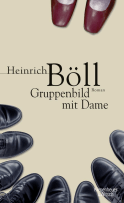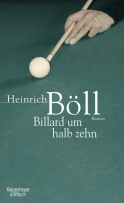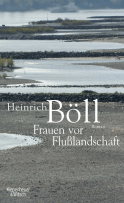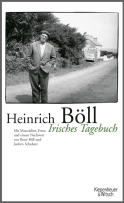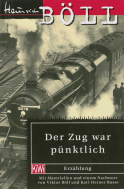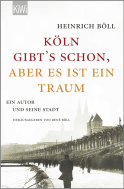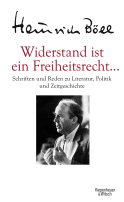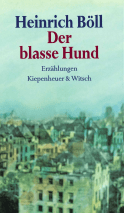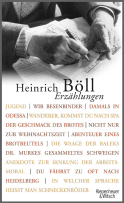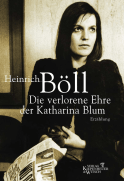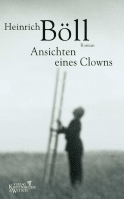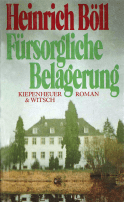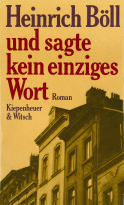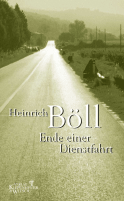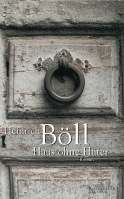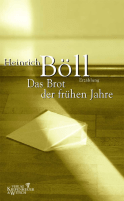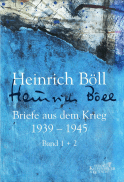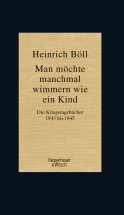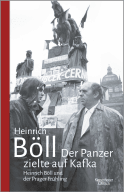The Silent Angel, written between 1949-1950, is Böll’s first novel set in post-war Germany. It begins on May 8, 1945, the day of Germany’s capitulation, and leads us into the debris of a German city. Maybe this was the reason why the manuscript was not published back then after all. People did not want to be reminded of the misery that they had just overcome.
So the manuscript was left in a drawer and became a Böll’s quarry and humus for his later works. Today the novel reads like the energetic centre of remembrance which coined Böll’s work. Böll shows the existence of man after the end of everything. A soldier, deserted and with falsified documents, returns to his bombed out home city – looking for bread, a home and for people. He finds humanity, but also the cruelness of self-interest, coated in Christian hypocrisy. Untouched by this the love story remains “clear and brittle, appropriate for the returning generation which knows that there is no such thing as home on this earth.” (Böll)
This early novel remained unpublished for more than fourty years, because its subject matter, the immediate aftermath of the war, conjured up too much of what people wished to forget. The novel was only published for the first time in 1992 and became a great success. All major motives of Böll’s work were already present here – a discovery and at the same time an ideal introduction to Böll’s work.
